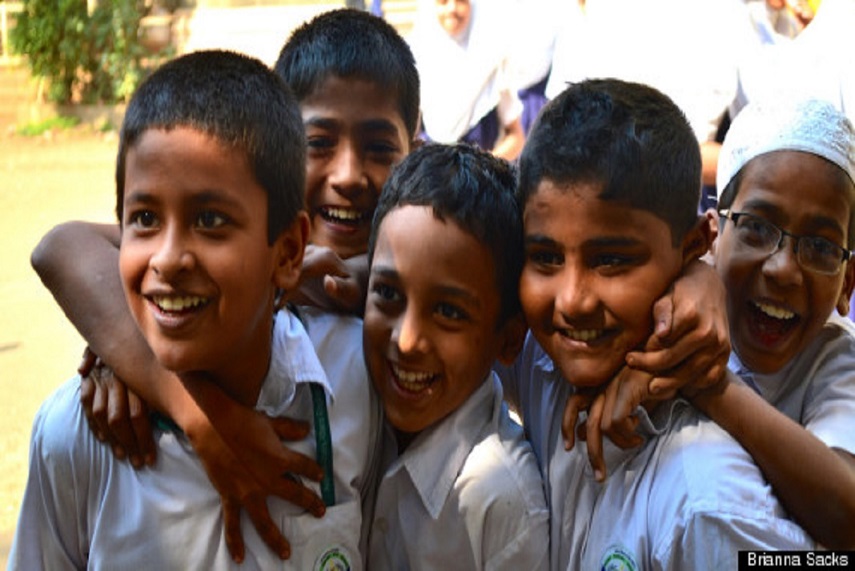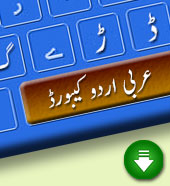Live Makkah
Live Madinah
Urdu Font Download
Latest News:
Padubidri: Fishing boat capsizes; all 7 fishermen on board rescued Alleged atrocity on lawyer: Punjalakatte SI suspended Moral policing at jewellery shop: 4 arrested Bajrang Dal activists try to assault youth, girlfriend in Mangaluru SC to hear Bilkis Bano’s plea against release of 11 convicts on 13 Dec Nusrat Noor: First Muslim Woman to Top Jharkhand Public Service Commission
Latest News:
Padubidri: Fishing boat capsizes; all 7 fishermen on board rescued Alleged atrocity on lawyer: Punjalakatte SI suspended Moral policing at jewellery shop: 4 arrested Bajrang Dal activists try to assault youth, girlfriend in Mangaluru SC to hear Bilkis Bano’s plea against release of 11 convicts on 13 Dec Nusrat Noor: First Muslim Woman to Top Jharkhand Public Service Commission
Study Reveals Muslim Children Face High Marginalisation at Entry-Level in Delhi’s Private Schools

New Delhi, 22 Feb 2021 [Fik/News Sources]: Children from Muslim minority community face high educational marginalisation at entry-level classes in private schools of Delhi, a new study has found.
Out of the total number of children who applied for admission in sampled private schools, irrespective of their religion, only 8.3% got admission and less than 3% of the children who got admission in private schools were Muslims, revealed the study titled ‘Early Educational Marginalisation for Muslim Children in India: An Analysis of Nursery School Admission in Private Schools of Delhi, India’.
Moreover, the study concluded that out of total Muslim children who applied for admission, only 6.1% were able to get admission. Certain Schools shockingly showed zero admission of Muslim children, the study found.
Relying on the data from already available literature on marginalization of Muslim community, the researchers implied that ‘quality’ private schooling in Delhi is an option only for elitist, privileged families with social capital. Since the “neighbourhood distance to the school is the criteria with the highest points,” putting disadvantaged neighbourhoods such as slums and ghettos at disadvantage.
The study conducted by Jannat Fatima Farooqui, who is a Research Scholar at the Department of Social Work, Delhi University; and Sukanya Sen, a consultant at the National Commission for Protection of Child Rights, New Delhi, highlights that educational marginalization for Muslims in India starts at an early age itself, from entry-level primary and pre-primary classes. “This results in persistent and vicious scarcities in higher education, income, and employment opportunities for the community,” the researchers say.
One criterion for preferential treatment in admission is given to children if their parents are alumni or staff in the school. This, the study says, results in an “inter-generational vicious cycle of educational marginalization for Muslim children in the country since a majority of Muslim students do not have parents from such background”.
The rejections in private schools, the study says, forces Muslim children to opt for unrecognized private schools, government schools, minority schools, and madarssas.
India has made it compulsory for every private unaided school to admit at least 25% of its entry level class from children belonging to economically weaker and disadvantaged groups.
The study found that among the children from economically disadvantaged sections, 15.8% were Muslims. This percentage is significantly higher than Muslim children who got admission under general category. This matches the total percentage of Muslim children population (16%) in Delhi.
“This can imply that when given a fair and equal chance, in the absence of rigid and discriminatory ‘point system’, Muslim children will show adequate representation in educational spaces,” says the study.
Poverty levels among Muslim community run high in India and this could be one reason why the number Muslim children who got admission under EWS/DG category is significantly higher than general category, the study implies.
The researchers scanned all the data set through the gendered lens and found that Muslim girl children still lagged behind in getting admission as compared to their male counterpart despite the leverage of extra points given to girl child in admission process.
Among the Muslim children who applied, around 65% were boys and 35% were girls. Those who got admission, around 52% were boys and 48% girls, the study shows. “While understanding early educational marginalization faced by Muslim children, the Muslim girl child comes out to be a particularly vulnerable entity.”
The study suggests that there is need for laying foundations through quality early childhood care and education, as per UNICEF 2016 guidelines which will become fundamental in alleviating marginalization faced by children born into socially and economically disadvantaged groups like Muslims in India.
Prayer Timings
| Fajr | فجر | |
| Dhuhr | الظهر | |
| Asr | أسر | |
| Maghrib | مغرب | |
| Isha | عشا |







